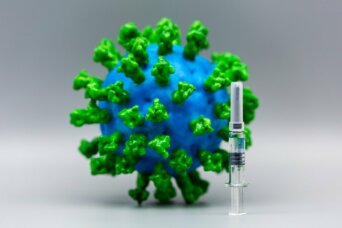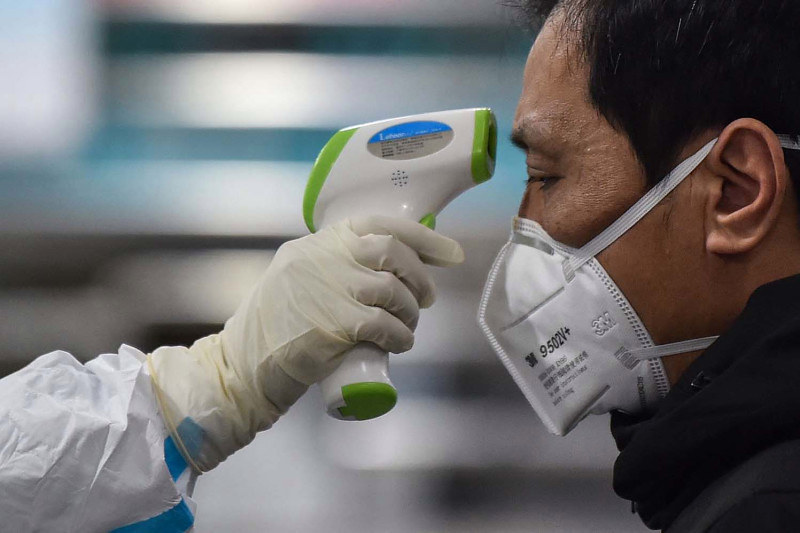- About
- Topics
- Picks
- Audio
- Story
- In-Depth
- Opinion
- News
- Donate
- Signup for our newsletterOur Editors' Best Picks.Send
Read, Debate: Engage.
| topic: | Health and Sanitation |
|---|---|
| located: | Denmark |
| editor: | Gurmeet Singh |
It started with bats and pangolins, and it continues with mink. COVID-19 is zoonotic, meaning it is transmitted between different animal species. Summing up in the New York Times: “Mink catch the virus from humans and pass it on to each other. Unlike dogs, cats and some other animals, which express only mild symptoms, if any, mink can sicken and die from an infection.”
This has led to Danish authorities beginning to cully all of its farmed mink: 17 million animals. As the article continues: “The decision has since been put on hold because of questions of legal authority. While the government seeks new legislation, culls of mink at infected farms continue, as does dismay in other countries and a debate among scientists about the validity of the concerns.
Six countries — Denmark, the Netherlands, Spain, Sweden, Italy and the United States — have reported cases of farmed mink infected with SARS-CoV-2, the virus that causes Covid-19…Danish health authorities were concerned that one set of mutations in a variant of the virus called cluster 5, which had infected at least 12 people, could make a potential coronavirus vaccine less effective.”
Although the mutated form of the virus may be harmless to humans, the fears that it could undermine vaccine efforts are real:
“One of the mutations occurs on a part of the virus — the spike protein — that is targeted by many potential vaccines. In lab studies, cells with this variant of the virus were exposed to antibodies, which did not act as strongly as they had with other coronavirus variants.
But this was a very preliminary test. The reaction to antibodies in laboratory cells does not necessarily indicate that the mutated virus would be resistant to vaccines; it merely raises that possibility.”
However, Denmark is not unanimously supportive of the government’s decision. The BBC reports: “The government admitted on Tuesday it lacked the legal framework for a nationwide order and only had jurisdiction to cull infected mink or herds within a safety radius.
"It is a mistake. It is a regrettable mistake," said Prime Minister Mette Frederiksen as she apologised to parliament…Liberal Party chairman Jakob Ellemann-Jensen called it "shocking" and criticised a lack of transparency. Compensation for farmers should have been in place first, he said. Even parties allied to the government have called for an investigation.”
New Scientist was also sceptical of the action in Denmark, but stressed that the coronavirus passing between animals and humans is indeed bad news: it makes the virus much harder to control; especially since animals have not heard government rulings on social distancing.
But more serious problems are present in the ways we farm large groups of animals. “In this age of zoonotic epidemics, with Sars, Mers and now Covid-19 all emerging in the past 20 years, we must think carefully about how we intensively farm mammals that are known hosts of human coronaviruses. Before the pandemic, the Netherlands was already in the process of stopping intensive mink farming. But many dangerous types of animal farming still continue. Consider the palm civet. This animal was implicated in the emergence of Sars in 2003, acting as a probable intermediary between the bats in which the Sars virus originated, and the people whom it later infected.
As an animal that might have helped to trigger a pandemic, are we now keeping the palm civet at a safe distance? Quite the opposite. In parts of Asia the palm civet is farmed intensively, fed coffee cherries, and the beans collected from its faeces are used to make the world’s most expensive coffee, kopi luwak.”
Of course, this week, the world also heard that a vaccine has cleared interim trials: “The German company BioNTech and the US pharmaceutical giant Pfizer announced via a press release on Monday that their jointly developed vaccine candidate had outperformed expectations in the crucial phase 3 trials, proving 90% effective in stopping people from falling ill.”
This is indeed cause for optimism, but we are not near mass-rollout yet, nor are we anywhere near discussing how to fairly and decently rollout a vaccine to ensure the poorest and most vulnerable countries are taken care of first. The vaccine still looks like it will take time before we can enjoy its benefits, so we have to still take care and take precautions. That also includes being aware of our relationships to other species, especially ones we treat as resources.
Image: pearson0612

